What is sexual consent?
That’s a question that some Perthshire schoolgirls aim to ensure their peers can answer.
They are Bold Girls Ken, a new campaign group of teenagers at Bertha Park High School, Crieff High School and Perth College which aims to tackle peer sexual abuse.
Consent, they point out, is actively saying yes with both body and language but it can be withdrawn at any time.
While today’s youth is more aware of the importance of consent than their predecessors were, there remains some way to go according to Bold Girls Ken.
We met up with three of the group’s founder members – Hannah, Lucy and Kadie – to find out more as they helped launched the drive.
The girls of Bold Girls Ken
According to Hannah, 17, of Bertha Park High School, there is still too little recognition of what consent is.
She said: “I’ve seen friends going through it, not knowing where they stand in relationships.
“I have little sisters and I don’t want them going into secondary school and not knowing what consent is really.”
While it is discussed in personal and social education (PSE) lessons, she said consent remains a taboo and often ridiculed topic.
“People aren’t going to take anything from those lessons if it’s not treated seriously,” she said.
Lucy, 16, also from Bertha Park, said education needs to be more relevant to the age group it is being delivered to.
She said: “The PSE lessons we get are so dated. They aren’t really up to speed with the world it is.
“We need more resources. In S2, S3 and younger years, we get taught sex education but as soon as S3 is over we don’t get much more, we are expected to know.
“It’s not talked about and you can see that has an impact, with people being immature around the subject because they lack knowledge.”
Kadie, 16, of Crieff High School, agreed: “People don’t take it as seriously as it should be taken. It’s not taught to us in a realistic way.”
Having developed a toolkit for conversations for professionals and young people, Bold Girls Ken is already spreading its message.
“Hopefully, this is going to make a difference,” Hannah said.
“I’ve spoken to a lot of girls who want to be involved so that shows how big an issue this is.”
What is Bold Girls Ken?
Like the Dundee-based Oor Fierce Girls, Bold Girls Ken aims to tackle peer sexual abuse, and is led by teenage girls with the support of NSPCC Scotland, the Young Women’s Movement and Perth and Kinross Council.
The Perthshire group focuses on educating young people about consent in relationships by giving them realistic information and ensuring they know where to find help and support.
It wants young people to know that someone cannot consent to sex if they are:
- under-16
- asleep or unconscious
- incapable of consent due to alcohol or drugs or due to a mental health disorder or illness
- being physically forced, pressured, threatened, tricked or manipulated.
Carla Malseed, local campaigns manager for NSPCC Scotland, said: “Having conversations about sex and relationships can feel awkward and uncomfortable but it is important that all young people understand consent, what it looks and feels like – on and offline – and where they can get more information or support if needed.
“It’s been so inspiring to work with this talented group of young women.
“They’ve shared their experiences, views and ideas, to help us to create an incredibly useful toolkit to raise awareness of this important issue.”
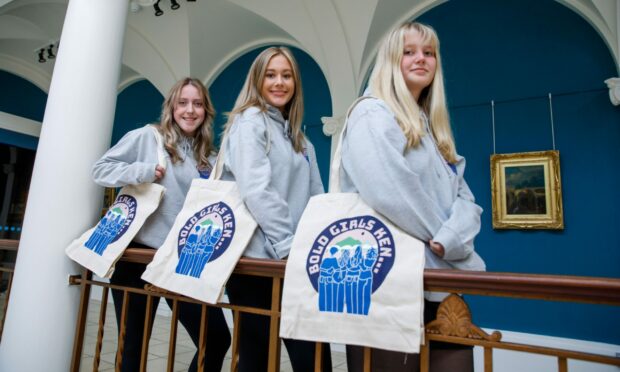
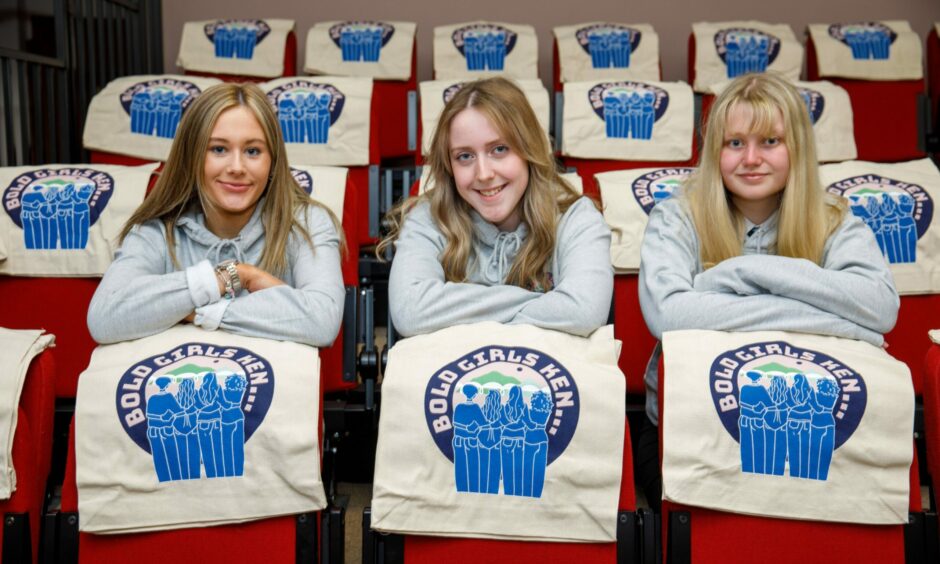
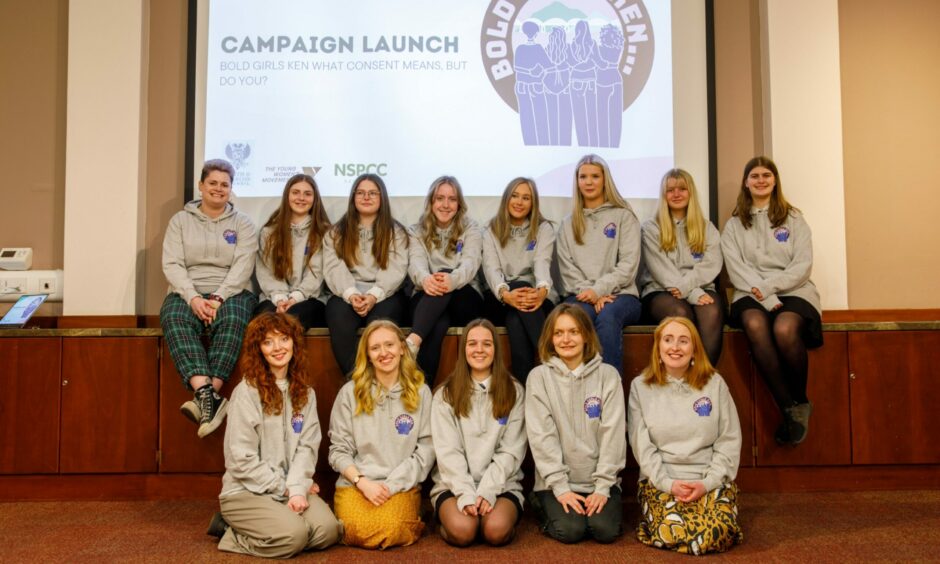


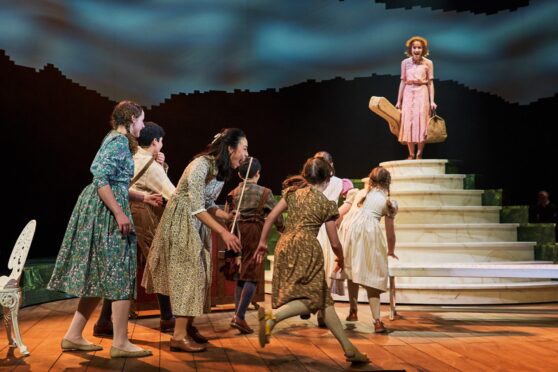


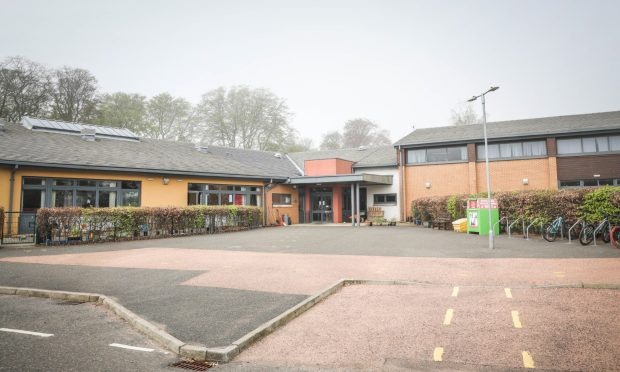





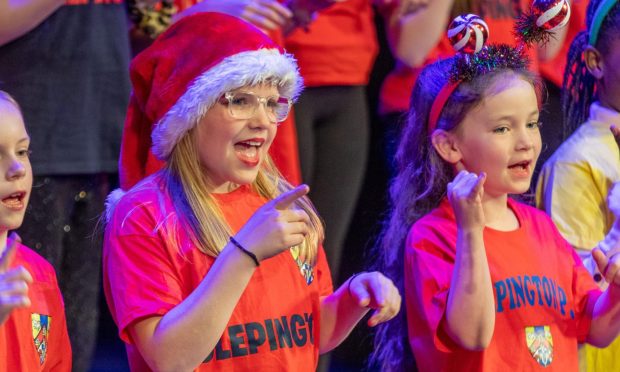
Conversation